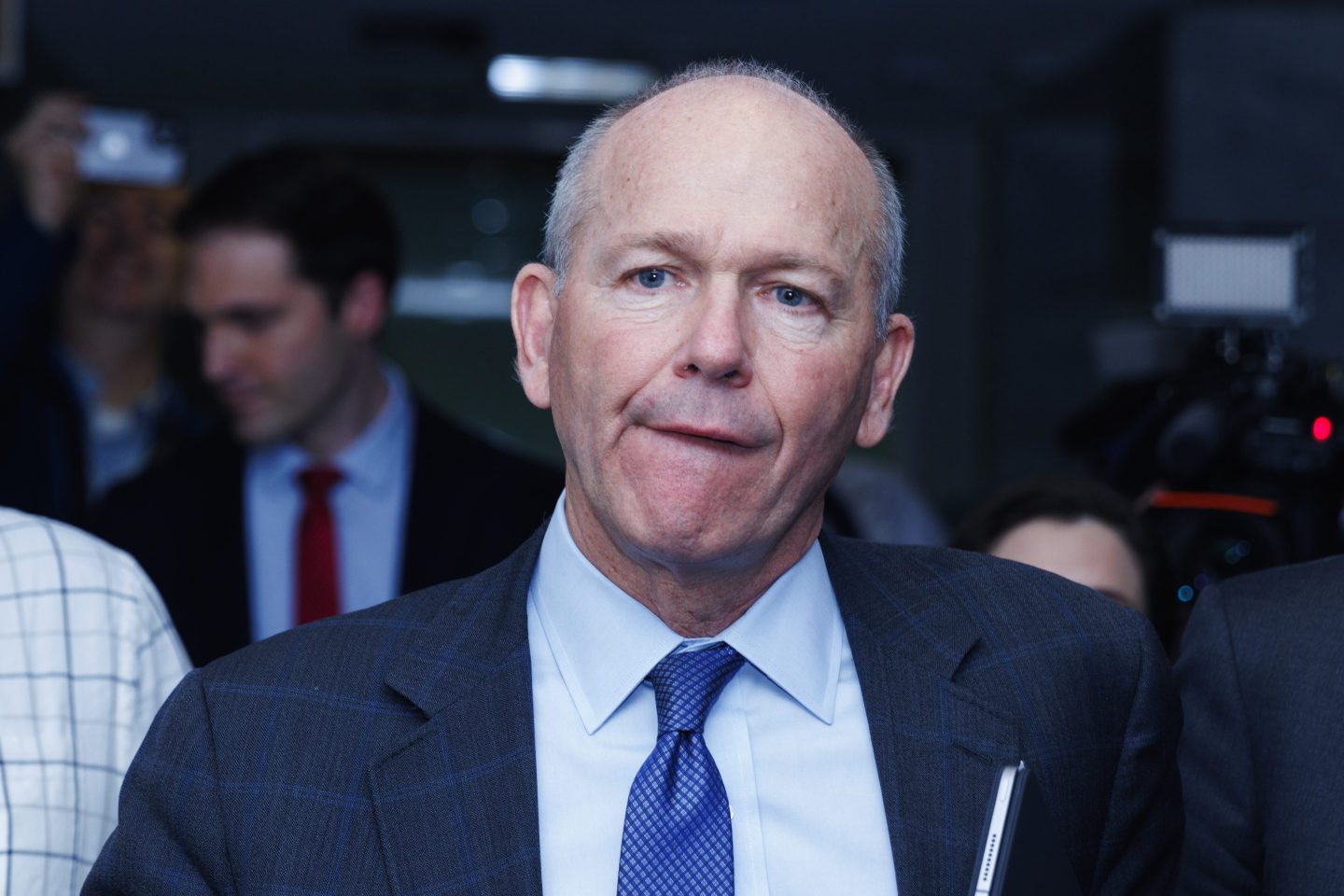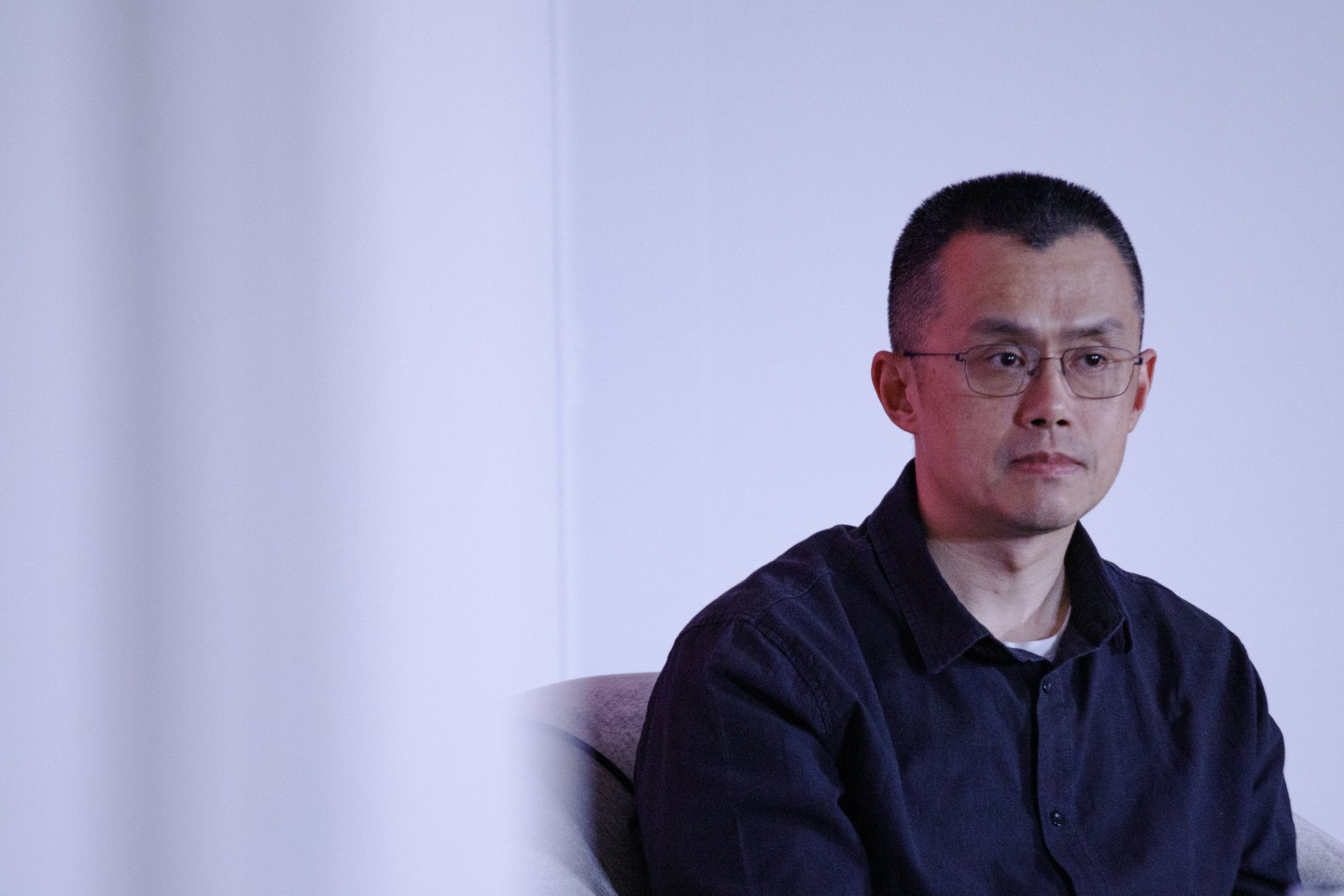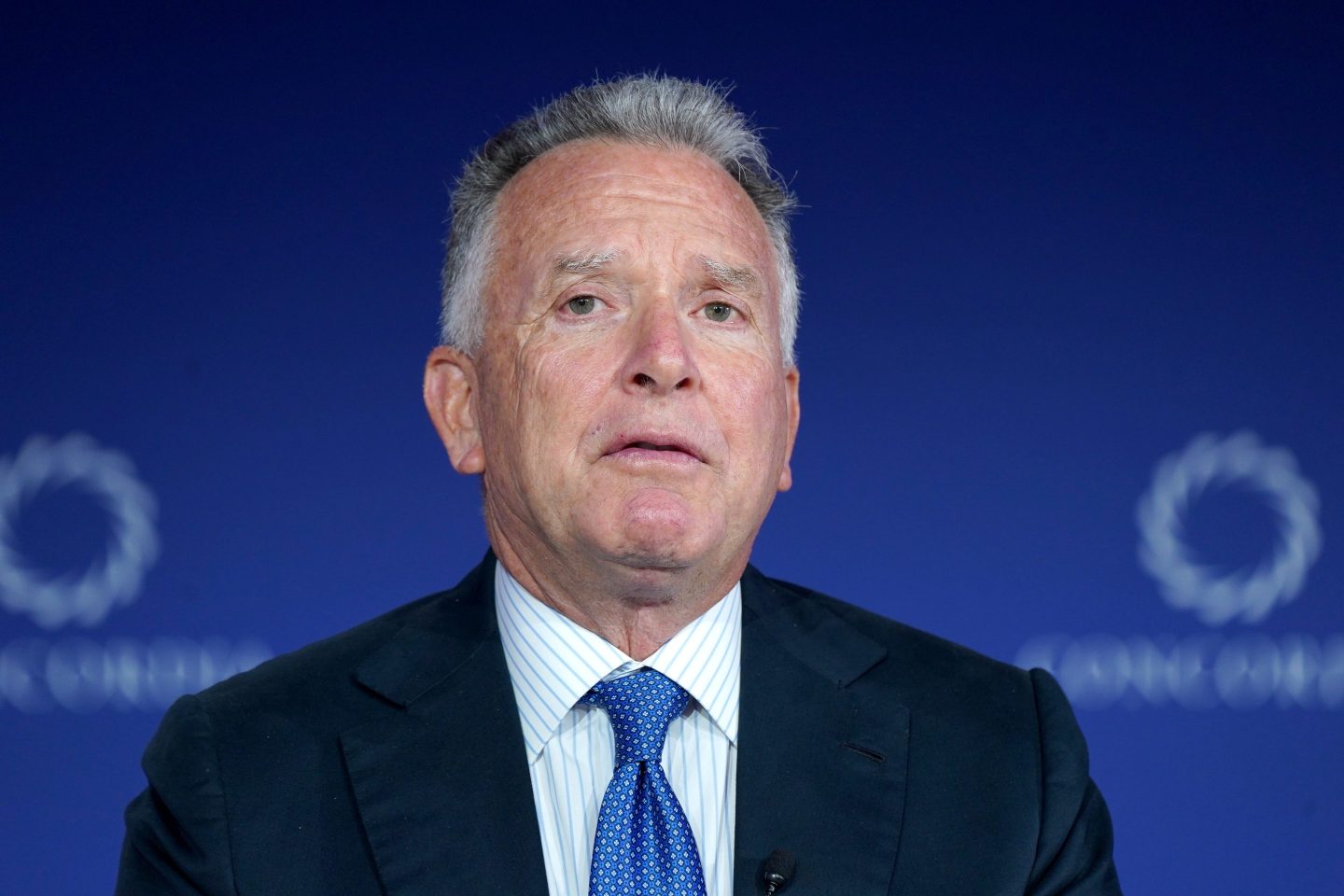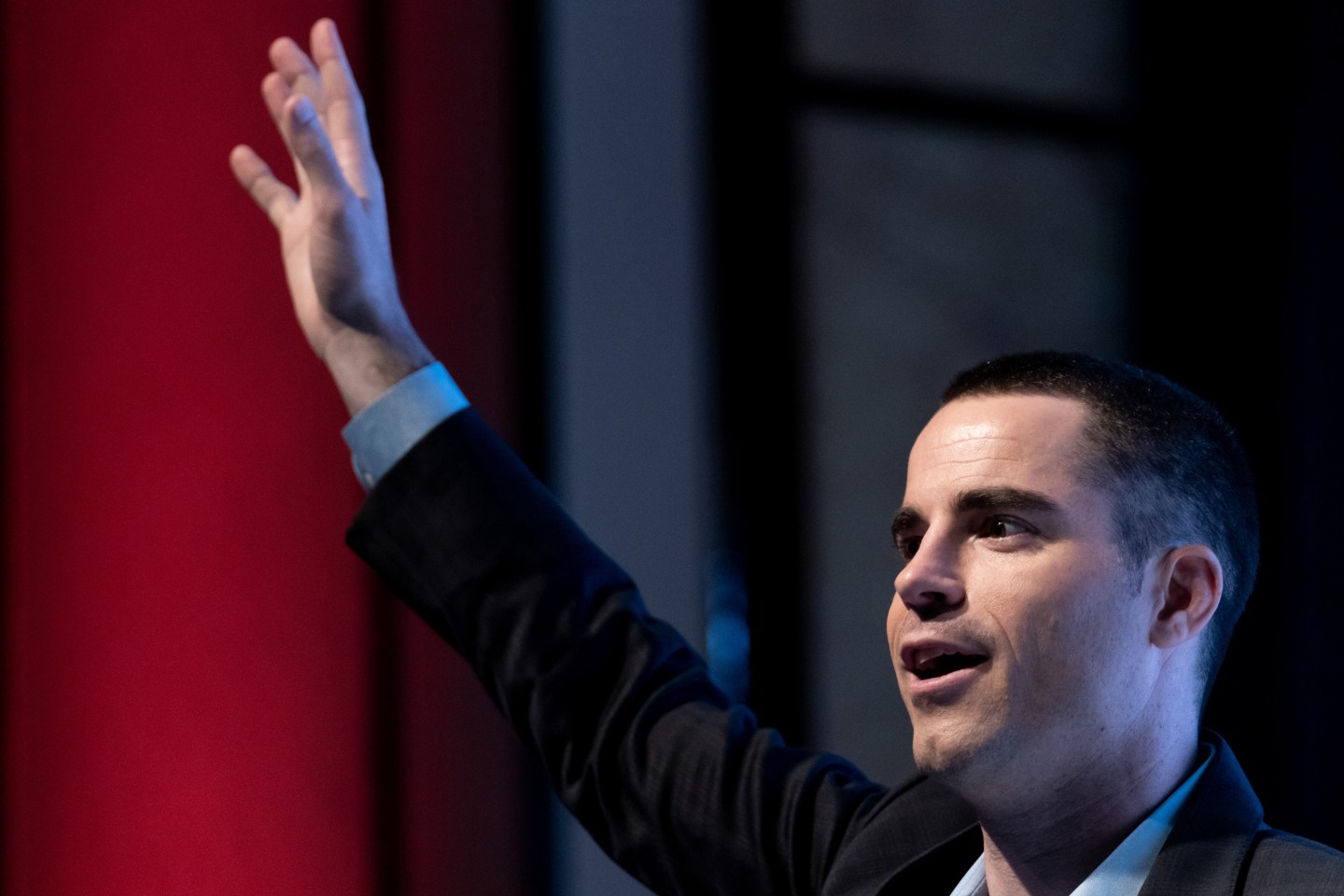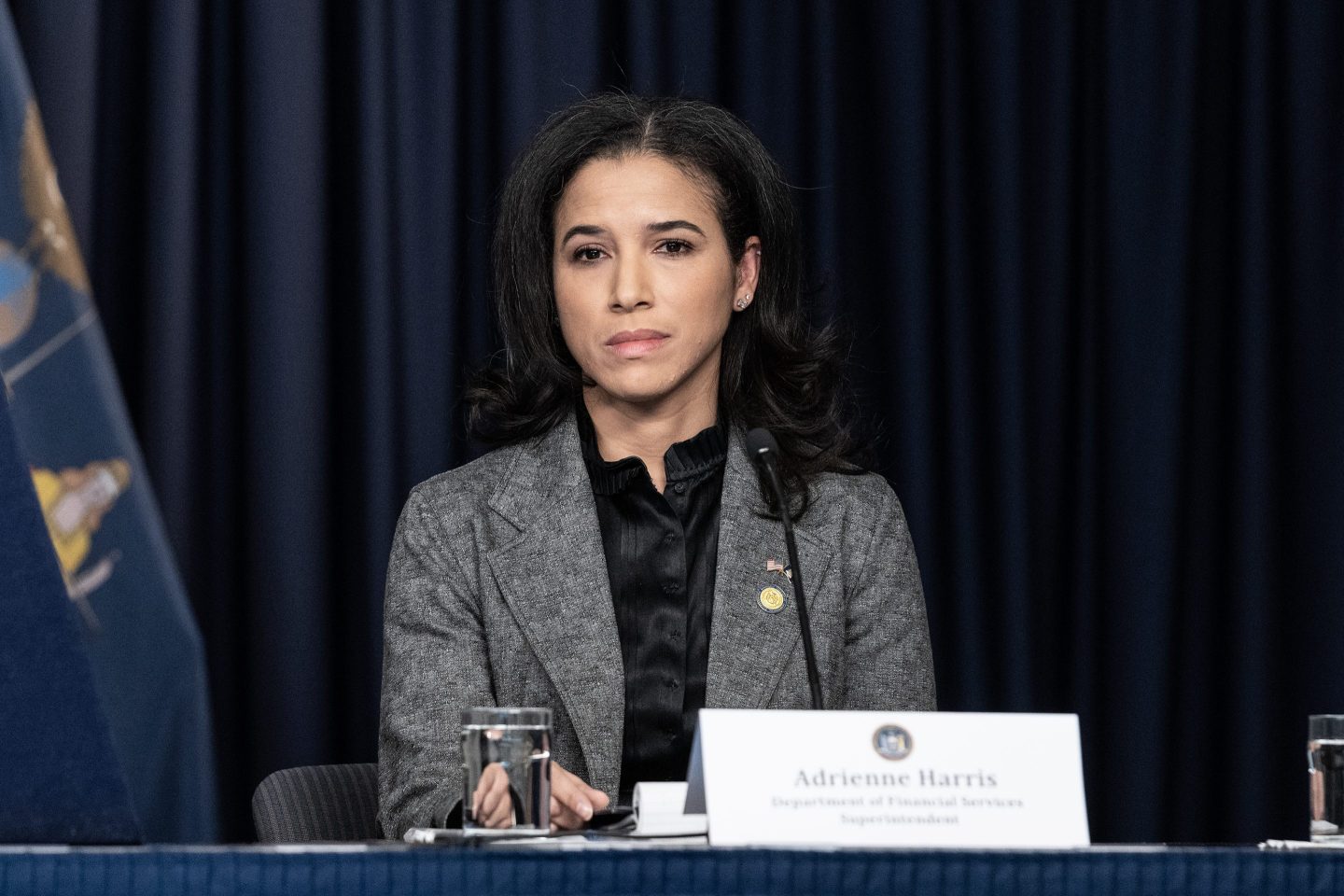Embattled airplane manufacturer Boeing is facing further safety investigations after a former engineer claimed the company has a “schedule over safety” mentality that leads to potential defects on the 777 and 787 Dreamliner jets.
Boeing is already undergoing an investigation by the Federal Aviation Administration after a door plug flew off an Alaska Airlines craft mid-flight on Jan. 5.
In an update in March, the FAA said it had “identified noncompliance issues in Boeing’s manufacturing process control,” a finding which may be of little surprise to the company’s latest whistleblower, former engineer Sam Salehpour.
Salehpour’s complaint to the FAA was raised in January but was made public yesterday, with Salehpour telling reporters on a media call: “I am doing this not because I want Boeing to fail, but because I want it to succeed and prevent crashes from happening.”
The whistleblower added, per CNN: “The truth is Boeing can’t keep going the way it is. It needs to do a little bit better, I think.”
‘Shortcuts’
The complaint, seen by Fortune, alleges Boeing had taken “shortcuts” in the manufacturing of its 787 jets, with engineers in the construction of the 777 jets “pressured to overlook” problems.
Issues with the 787, Salehpour believes, resulted from debris left in “interfaces” and composite materials “deformed” during the construction process.
The complaint, penned by Salehpour’s lawyers, Debra Katz and Lisa Banks, alleges these defects “are generally not detectable through visual inspection … [and] could ultimately cause a premature fatigue failure without any warning.”
Boeing has rejected such claims—first reported by the New York Times—in a statement to Fortune, saying it is “fully confident” in the 787.
“These claims about the structural integrity of the 787 are inaccurate. The issues raised have been subject to rigorous engineering examination under FAA oversight,” it added. “This analysis has validated that these issues do not present any safety concerns, and the aircraft will maintain its service life over several decades.”
Problems Salehpour claims he saw on the 777 resulted from the rollout of a new assembly process that was done “without the necessary redesign of relevant parts, [which has] led to a misalignment of parts.”
These “chronic defects” pose “grave risks,” Salehpour’s complaint warns, adding that “Boeing has ignored his concerns and has failed to take remedial action.”
Again, Boeing rejected these claims, saying: “We are fully confident in the safety and durability of the 777 family. These claims are inaccurate.”
Lawyers for Salehpour added the FAA had assembled a “large team” to investigate the claims.
Shares closed nearly 2% down on Tuesday after the FAA confirmed the investigation.
“I literally saw people jumping on the pieces of the airplane to get them to align,” Salehpour said on the media call, per CNN. “By jumping up and down, you’re deforming parts so that the holes align temporarily … and that’s not how you build an airplane.”
While the Dreamliners haven’t been grounded as a result of the current allegations, it’s not the first time the 787 has been questioned on quality. In March 2021, deliveries of the 787 were halted again after being approved just two months prior, related to manufacturing flaws in the carbon-fiber shell of the craft.
Per Bloomberg, Boeing said at the time there would be no impact on aircraft already in service.
Alleged retaliation
Salehpour worked on both the 787 and the 777 after he was “involuntarily” moved from the former project to the latter having raised safety concerns on his first team.
The staffer, with more than four decades of experience in aerospace engineering and having served as a quality engineer, said he was “retaliated against by his direct supervisor and Boeing senior management” for flagging the problems.
“He was threatened with termination; excluded from important meetings, projects, and communication; denied reasonable requests for medical leave; assigned work outside of his expertise; and effectively declared persona non grata to his colleagues,” a statement from Salehpour’s lawyers read.
A Boeing spokesperson told Fortune that retaliation is “strictly prohibited” at the company, and added: “We continue to monitor these issues under established regulatory protocols and encourage all employees to speak up when issues arise.”
Salehpour’s lawyers, Katz and Banks, leveled criticism at Boeing and the FAA, with the former making “a decision in recent years to prioritize profits over safety” and the latter becoming “too deferential to industry.”
“Endemic at Boeing is a culture where whistleblowers are retaliated against and sidelined when they object to planes being brought to market that do not meet appropriate engineering standards,” the pair added.
The FAA told Fortune: “Voluntary reporting without fear of reprisal is a critical component in aviation safety. We strongly encourage everyone in the aviation industry to share information. We thoroughly investigate all reports.”
Subcommittee hearings
In the hours after Salehpour’s allegations were made public, the chairman of the U.S. Senate’s Permanent Subcommittee on Investigations—Sen. Richard Blumenthal (D-Conn.)—and ranking member Sen. Ron Johnson (R-Wis.) announced they would examine the allegations.
Boeing CEO David Calhoun has been asked to testify before the subcommittee, after Blumenthal and Johnson wrote to Boeing about the matter in March. Salehpour will testify before the subcommittee next week.
The letter to Boeing, seen by Fortune, notes that the subcommittee has obtained information from a whistleblower “alleging alarming and dangerous manufacturing deficiencies that are creating potentially catastrophic safety risks.”
It adds: “We want to provide Boeing the opportunity to explain to the American people why, in light of recent apparent safety failures, the public should feel confident in Boeing’s engineering and assembly processes.”
